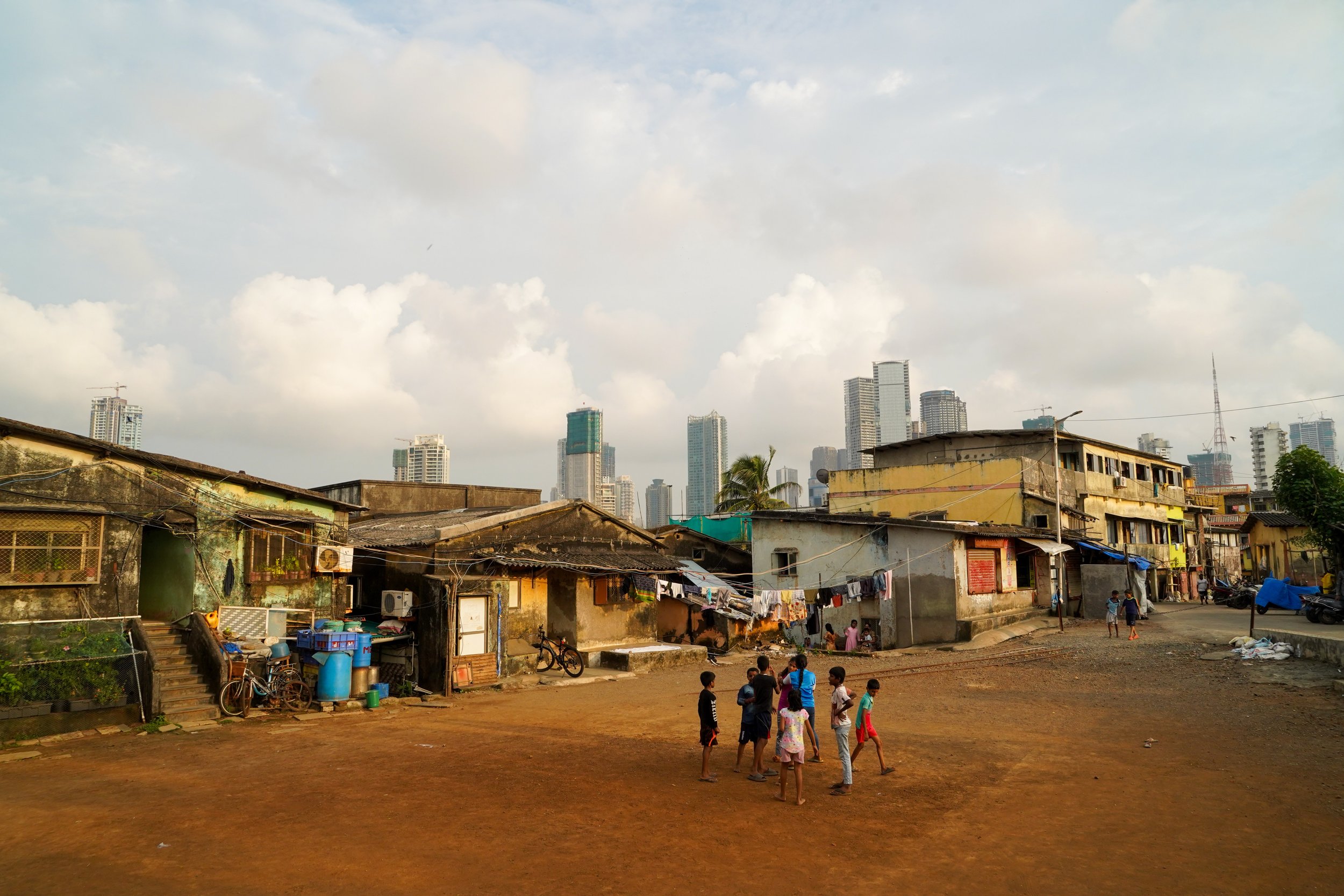India
In India, our students engaged with various aspects of the local community and culture, gaining invaluable insights into the country's rich history and diverse heritage.
During their term in India, students at THINK Global School engaged in three different modules. In one of the modules, "Geometry of Design," students explored the relationship between architectural geometry and traditional garment design. Another one, "Path to Sustainability", challenged students to investigate sustainable urban planning in India. Finally, in the last one, "Slumdog Entrepreneurs," students designed and pitched community-led business start-ups to meet the needs of a specific demographic in Mumbai.
Path to Sustainability
Driving Question: How can urban settlements be planned to balance sustainable development and quality of life?
Content Area: Environmental Systems, Human Geography
Overview: Mumbai underwent significant urban crowding and growth in its history, leading to various problems caused by overpopulation, including reduced green spaces, limited water availability, poor sanitation, and human health indicators, among others. In the module, students explored how urban planning addressed issues of sustainability and quality of life in Mumbai. They examined the balance between environmental sustainability, socio-economic factors, and geo-political needs. As they engaged in Mumbai's complex urban system, they learned about what was being done to improve access to clean water, sanitation and waste management, production of green spaces and urban farms, access to transportation, and reduction of resource use, including pivoting to clean energy.
Summative: A 3-5 minute sustainable urban plan presentation showing what could be done to support the community in their improvement of one or more study areas (water, sanitation, urban food, green spaces, transportation, and energy and resource reduction). Your plan should address how you have approached the following steps of co-created urban planning: Dialogue, understanding, commitment, participation; Vision, and idea creation.













